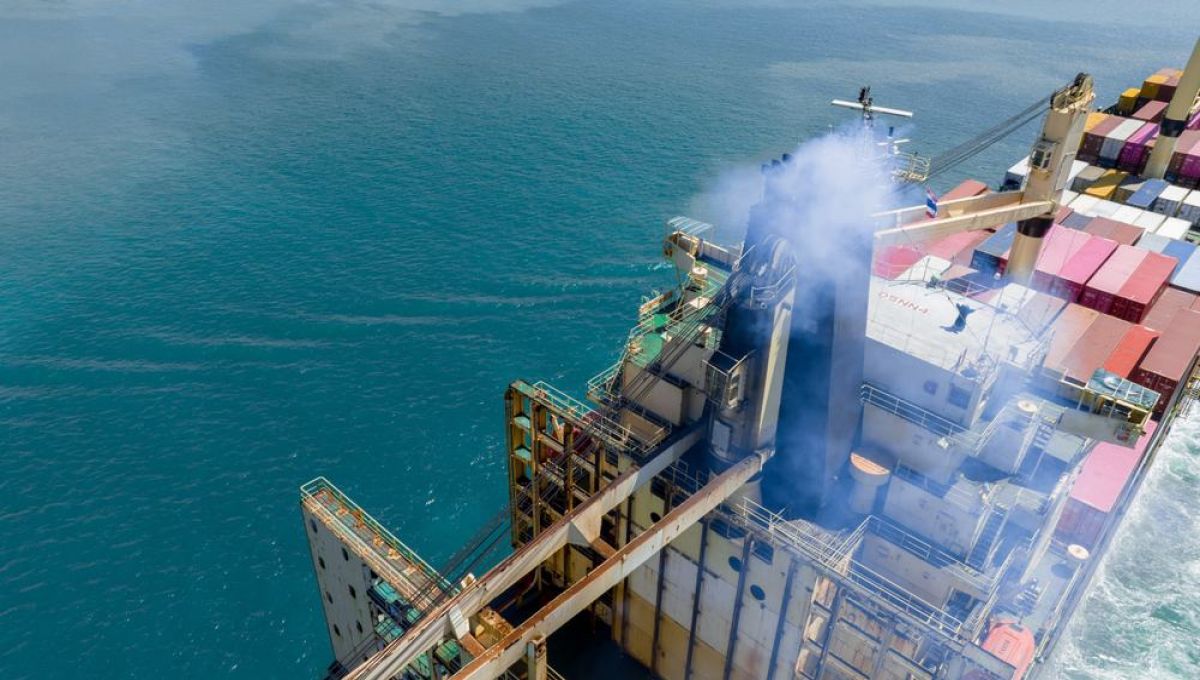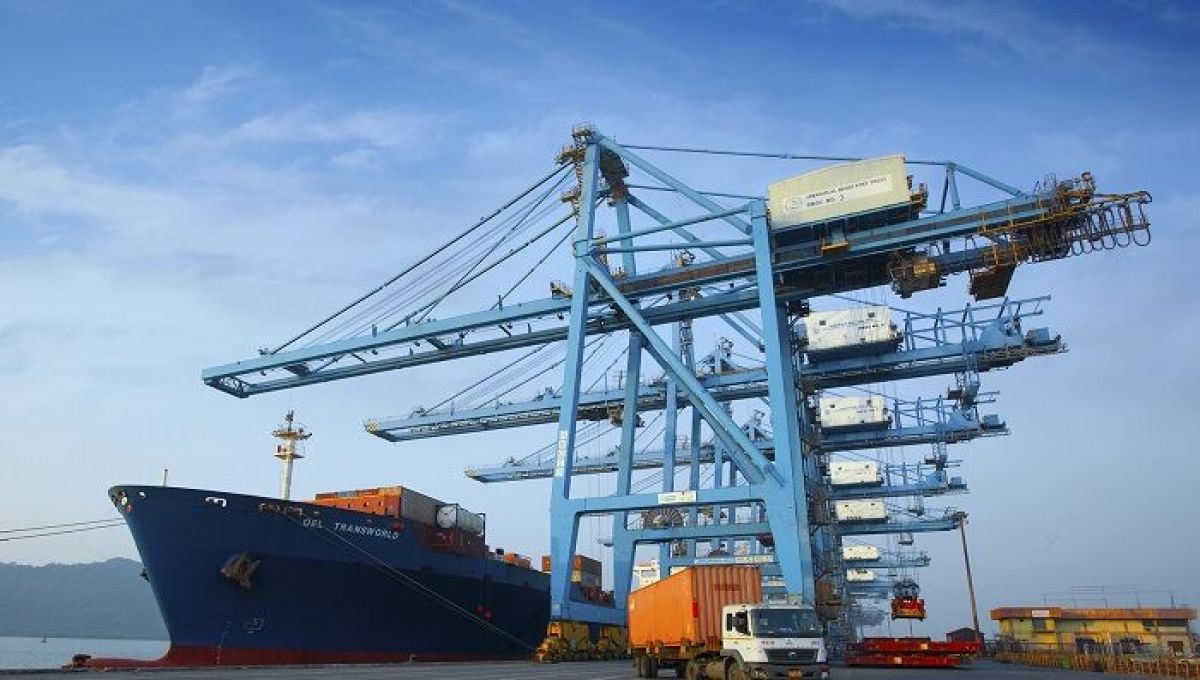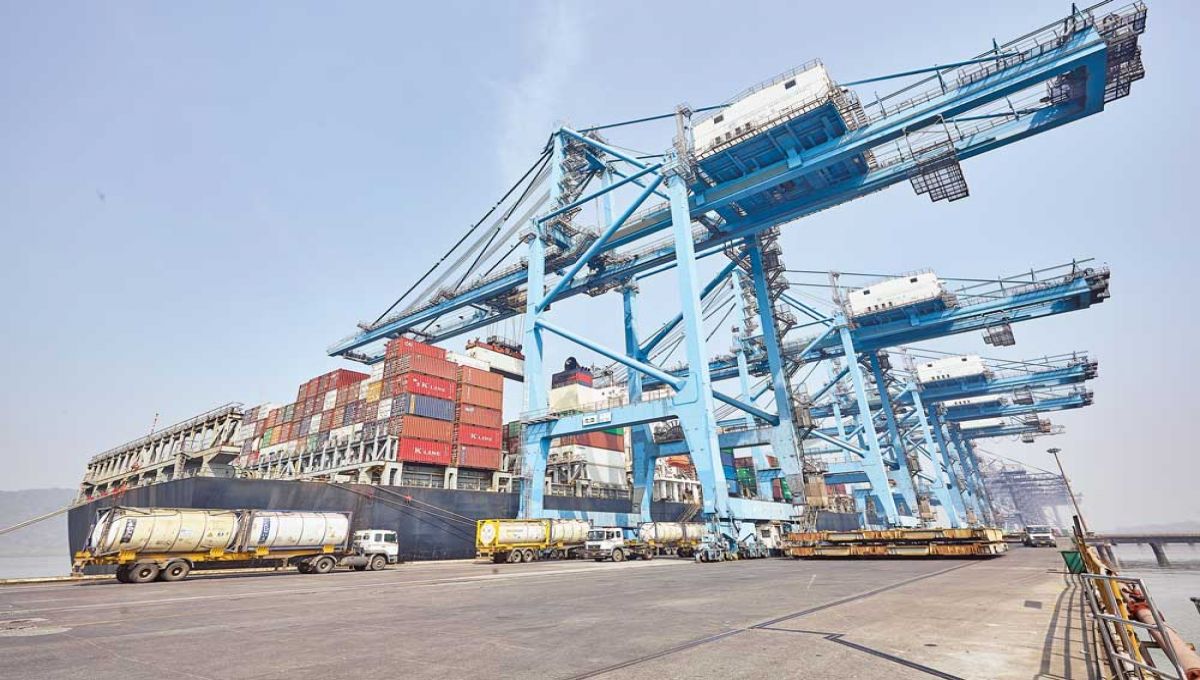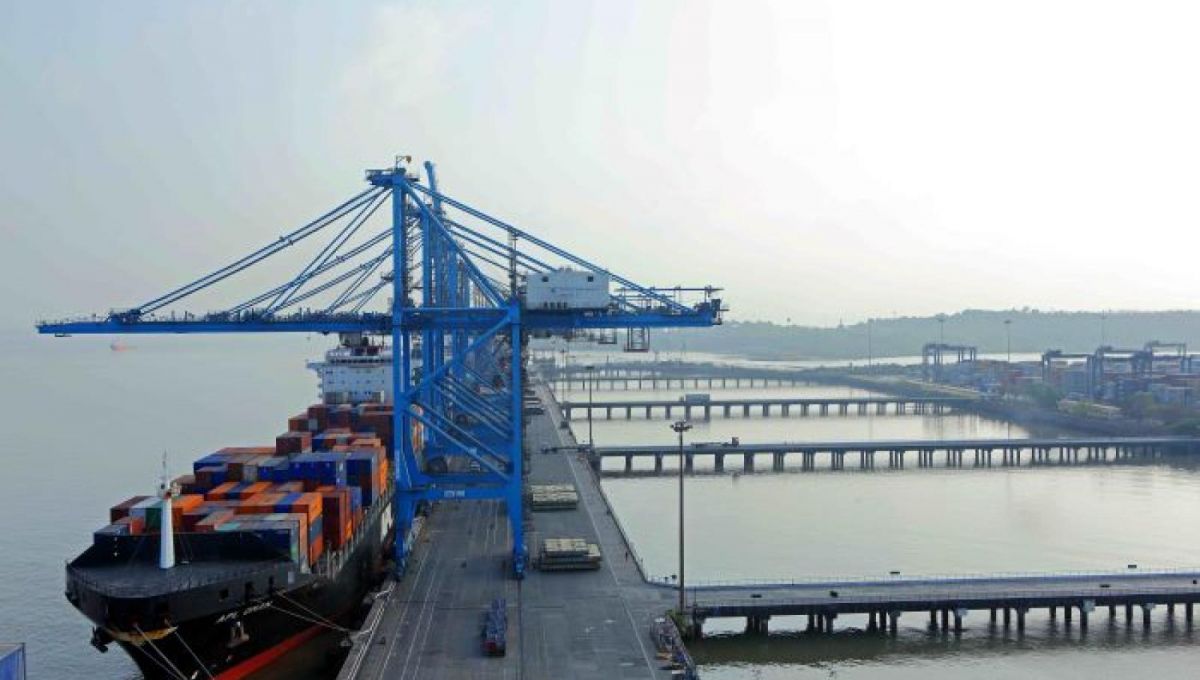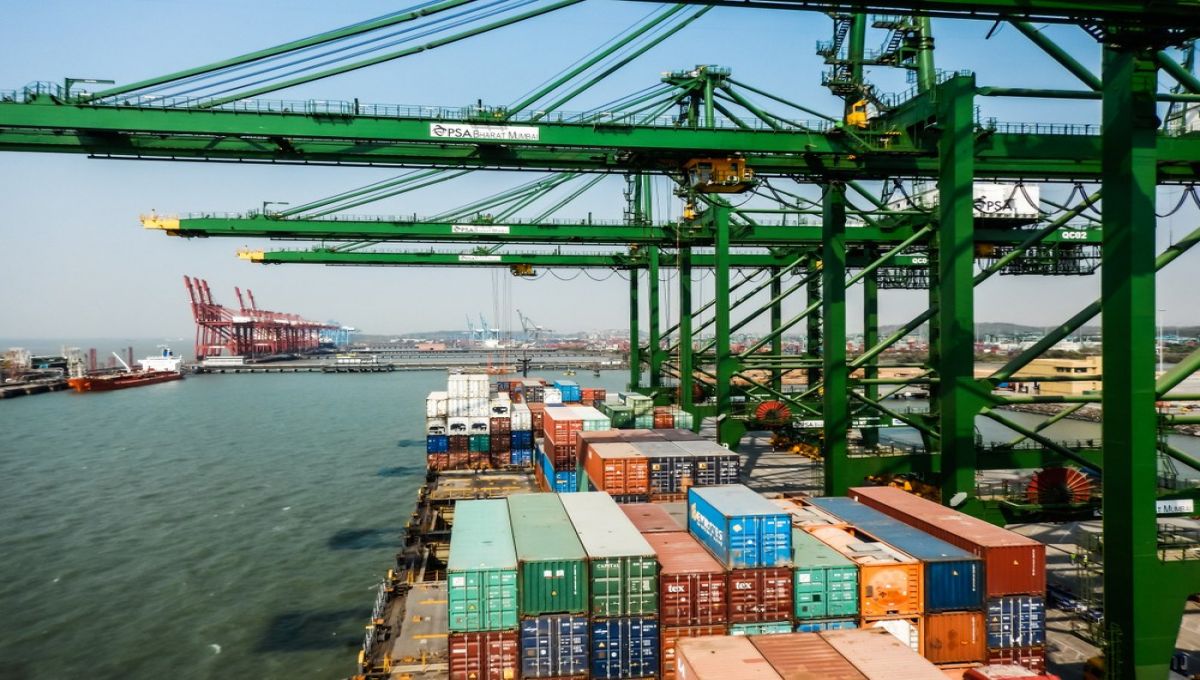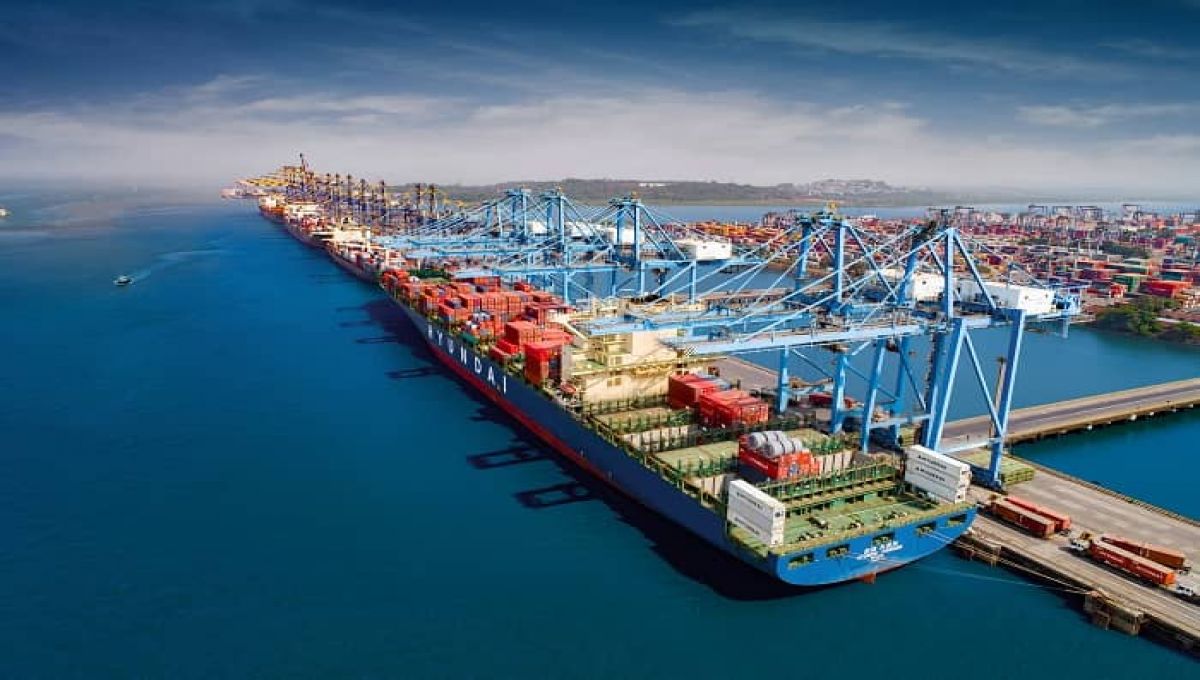The maritime industry is on the brink of a transformative period with the imminent integration of the European Union's Emission Trading System (EU ETS) in 2024. This regulatory overhaul, aimed at a 55% emissions reduction by 2030, signifies more than a mere update; it is set to redefine industry standards. Shipping companies face phased compliance requirements, starting at 40% allowance submission in 2024 and escalating to 100% by 2026. The economic impact could reach EUR 8-10 billion by 2026. Amid the volatility of carbon pricing, strategic carbon footprint management is essential for adapting to evolving cost landscapes. The shift in compliance deadlines, confirmed by the European Commission, adds a layer of complexity, requiring shipowners to revise carbon management strategies and adapt to new market dynamics. This shift towards sustainability is closely monitored globally, setting a precedent for similar measures worldwide. Industry players are urged to seek guidance, and Intermodal's ESG Solutions department offers comprehensive support, leveraging decades of experience in shipping, EU ETS regulation, and risk management to navigate this regulatory landscape. The goal is not only compliance but proactive leadership in sustainable and ethical business practices, ensuring a responsible maritime future.
SOURCE: GOOGLE

 All Categories
All Categories
